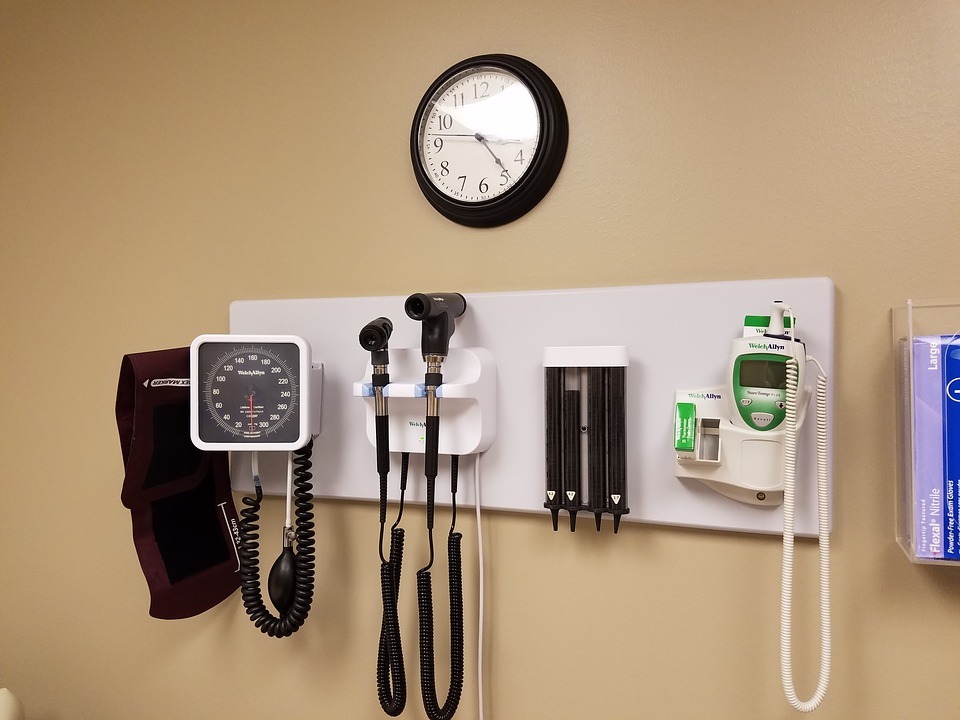The check-up is an express medical examination. In a short time, the client receives the most necessary information about the state of the body, recommendations for maintaining health, and treatment (if required). Thus, it is recommended to undergo a complete examination of the body regularly (every two to three years) for all men and women aged 25–30 years. After 50 years, when the risk of developing diseases increases, it is advised to undergo check-ups annually.
People with vague health complaints should go for check-ups as soon as they feel some issues. Unfortunately, rarely does anyone feel completely healthy, especially after 30 years. A sedentary lifestyle, constant stress, inaccuracies in nutrition affects the state of the body. Regular check-ups help to monitor the body and see what’s going on.
And if one has some kind of heredity issues, the check-ups are necessary. If any of the close relatives had cancer or other diseases, then the regular medical examination will help to identify a possible disease at an early stage. During the preliminary conversation, the doctor will determine which tests need to be passed to patients with certain risk factors.
A complete check-up usually includes
Check-up programs are based on world standards for diagnostics of the most common pathologies. They include the minimum of tests and researches required to successfully detect these diseases at an early stage.
Preventive check-up programs are formed taking into account the age and gender of clients, current health status, medical history, presence of risk factors, diagnostic goals, and more. Based on the results of the preliminary conversation, the doctor decides which tests prescribe to a particular patient.
The full health check-up cost is not that high since many countries control it on a national level, like in South Korea.
What does the full medical check-up include?
Doctor consultations, about 10 clinical investigations, and up to 25 laboratory tests. The standard general program allows you to diagnose common diseases of the cardiovascular, digestive, endocrine, respiratory, and urinary systems. With its help, it is possible to assess the state of metabolism, to identify hidden infections (including STDs), inflammatory processes, and oncological pathologies.
The list of consultations analyzes, and research depends on the specific program. For example, a typical full medical check-up list for women between 30 and 40 years old includes:
- a therapist check-up
- specialized doctor check-up
- ultrasound examination of the abdominal cavity organs, small pelvis, urinary system, thyroid gland, mammary glands with regional lymph nodes
- ECG and echocardiography
- gastroscopy
- general blood analysis
- general urine analysis
- biochemical blood assay
- blood test for thyroid hormones
- identification of STDs
- analysis for the presence of oncogenic HPV strains
- swab microscopy
- cytological examination of cervical scraping.
And, for example, this is what a special diagnostic program for the cardiovascular system includes:– initial and final consultations with a cardiologist and neurologist;
ophthalmologist consultation
- ECG
- brain MRI
- head vessels ultrasound
- general and biochemical blood tests
- general urine analysis
- blood test for the level of thyroid hormones
The CloudHospital is ready to help you to pick the right hospital for a check-up. Imagine traveling worldwide and not missing your check-up!

